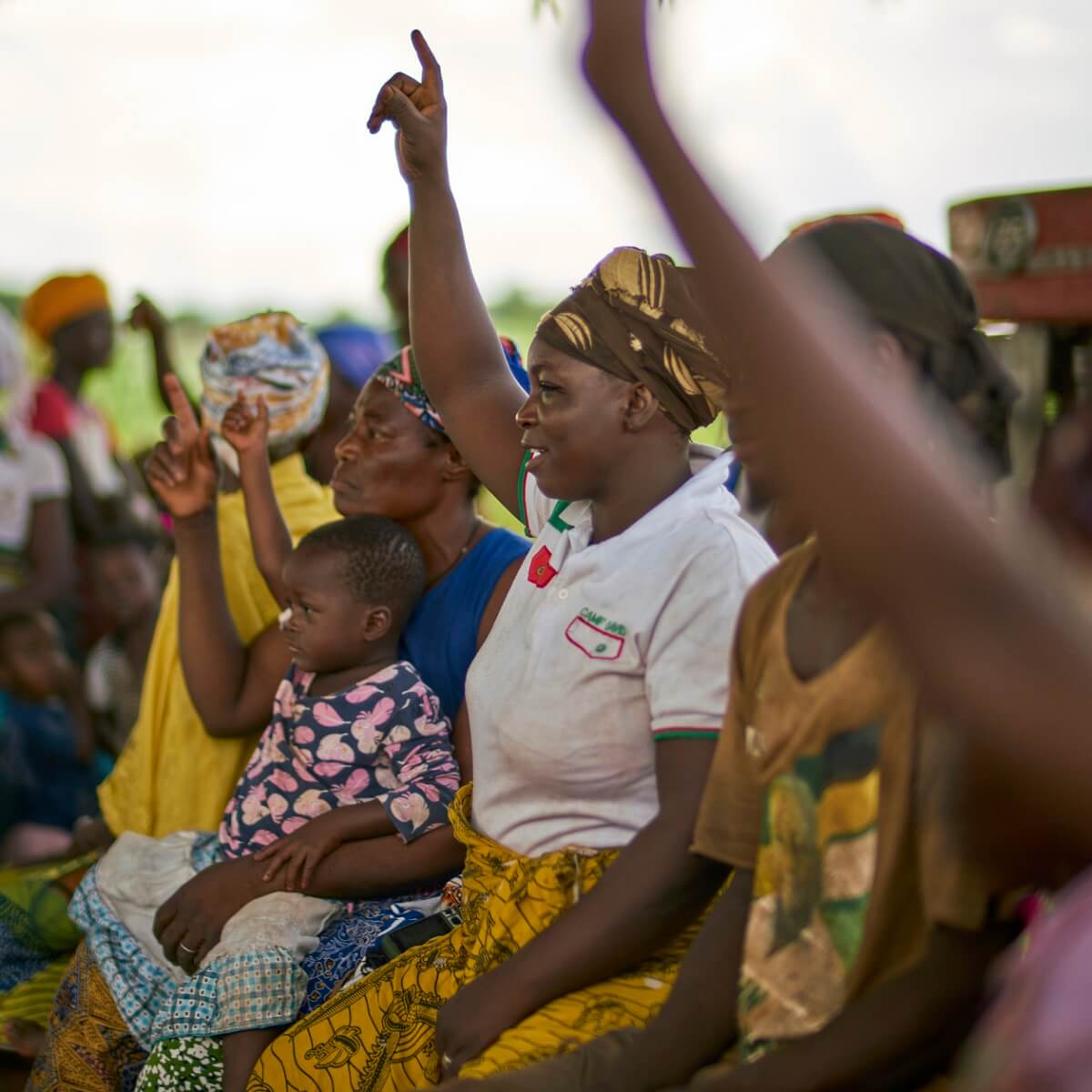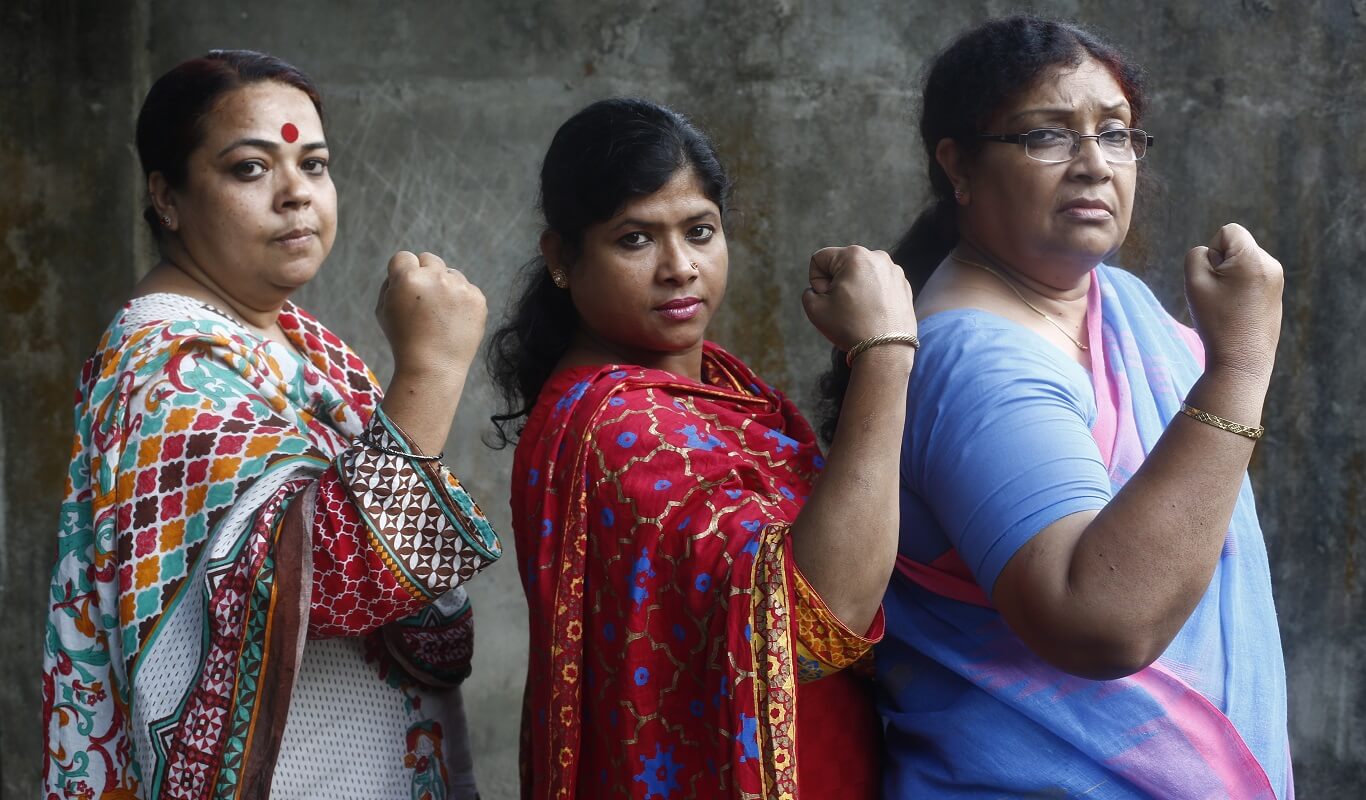Gender justice and women’s rights
Every day, in every country in the world, women are confronted by discrimination and inequality. They face violence, abuse and unequal treatment at home, at work and in their wider communities – and are denied opportunities to learn, earn and lead.
Women form the majority of those living in poverty. They have fewer resources, less power and less influence compared to men, and can experience further inequality because of their class, ethnicity and age, as well as religious and other fundamentalism.
Gender inequality is a key driver of poverty. And a fundamental denial of women's rights.
Gender inequality in numbers
- Women make up less than 24% of the world’s parliamentarians and 5% of its mayors.
- On average, women are paid 24% less than men for comparable work, across all regions and sectors.
- Nearly two thirds of the world’s 781 million illiterate adults are women, a proportion that has remained unchanged for two decades.
- 153 countries have laws which discriminate against women economically, including 18 countries where husbands can legally prevent their wives from working.
- Worldwide, 1 in 3 women and girls will experience violence or abuse in their lifetime.
Achieving gender justice to tackle poverty
Oxfam understands gender justice as the full equality and equity between women and men in all spheres of life, resulting in women jointly, and on an equal basis with men, defining and shaping the policies, structures and decisions that affect their lives and society as a whole.
Further improvements in legislation and policy are necessary but not sufficient. We believe that transforming gender and power relations, and the structures, norms and values that underpin them, is critical to ending poverty and challenging inequality.
We believe that women taking control and taking collective action are the most important drivers of sustained improvements in women's rights, and are a powerful force to end poverty not only for women and girls, but for others, too.

Putting women’s rights at the heart of all we do
Whether we are responding to an emergency, working on long-term projects with communities, or campaigning for lasting change, we tackle the inequality and deep-rooted discrimination that makes and keeps women poor. We work closely with women’s rights organizations as partners and allies in order to address gender inequalities effectively.
Supporting women’s access to resources
We support women in their fight to have equal opportunities to secure jobs and fair pay as men, and have an equal chance to work their way out of poverty.
Raising women’s voices
We support women in their efforts to take part in decision-making at all levels and promote leadership and participation of women.


